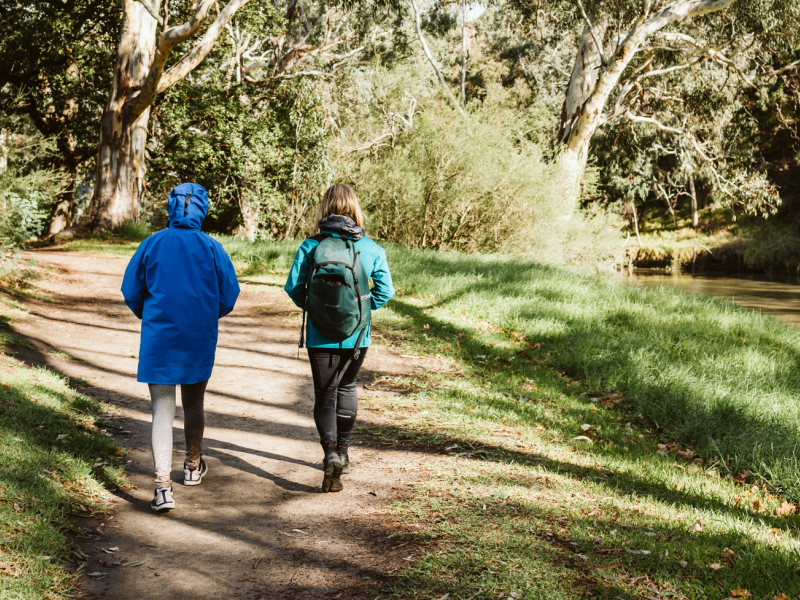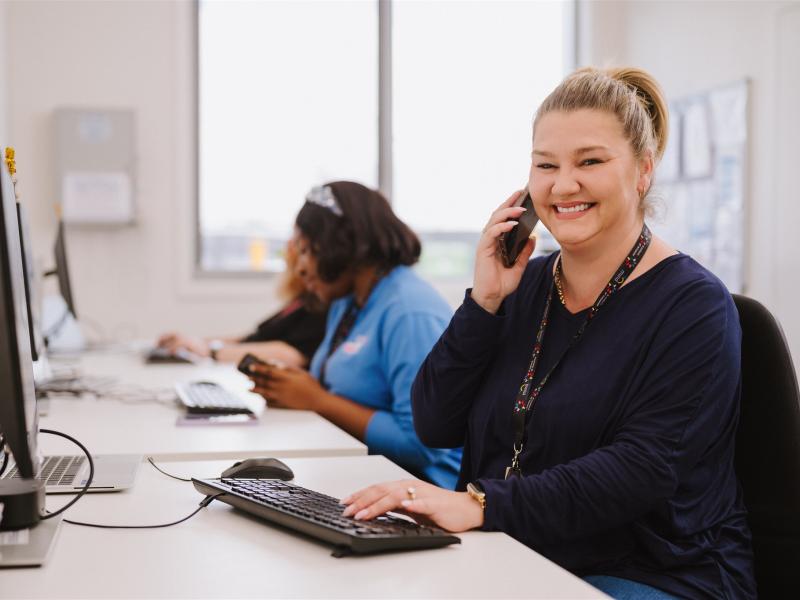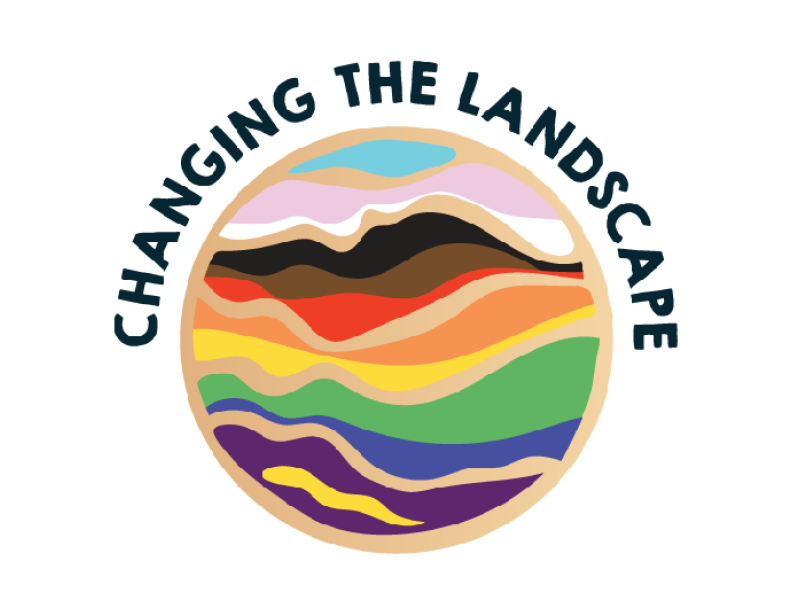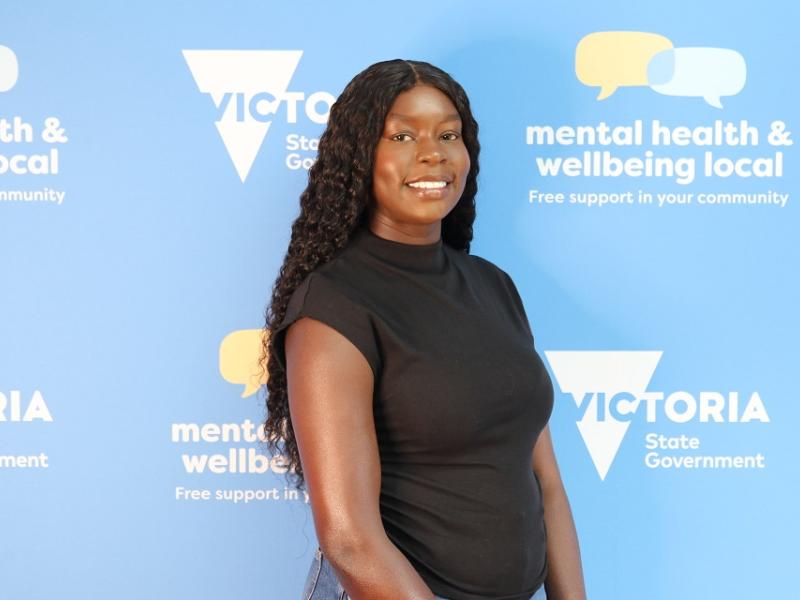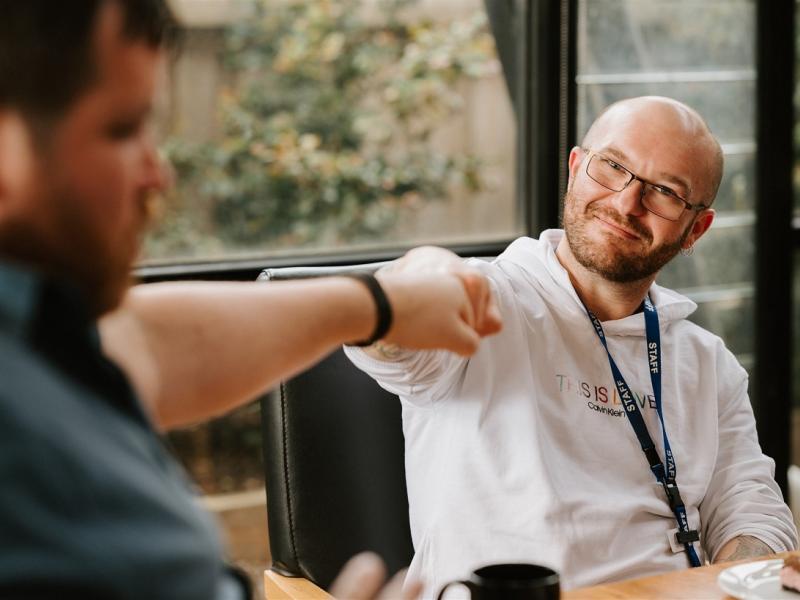A lot has changed for Laura, a graphic designer from Melbourne’s north-east, since she accessed NDIS Support Coordination services from Mind Australia.
She started connecting with others through recreational activities, such as group hikes, and began attending the weekly yoga class at a community house. Laura also built enough confidence to go grocery shopping and even take the train by herself. The 30-year-old NDIS participant has been able to make these positive steps, and move on from a toxic relationship, by engaging with the appropriate supports that enable her to achieve her goals.
“I was previously diagnosed with Borderline Personality Disorder but I have since spoken to a family counsellor who feels my mental health aligns with Complex Post-Traumatic Stress Disorder (CPTSD), so I came to Mind to get some support,” she said. “I was unsure how I was going to get better, and if these supports were going to help me, but working with Josephine (a Mind Community Mental Health Practitioner) I have become more comfortable and I’ve been able to try new things and get out in the community.”
Josephine is Laura’s support coordinator. She works to understand Laura’s goals, help determine the best types of support to achieve them and, most importantly, how to get the best out of Laura’s NDIS plan. As a support coordinator, Josephine helps NDIS participants navigate the system and, once they have identified suitable supports, develop service agreements with providers.
“When I first met Laura, we met regularly to determine what Laura’s goals were and what supports she felt she needed,” Josephine explained. “Out Doors Inc. (a not-for-profit organisation that delivers adventure and recreation programs for people with mental ill-health) was one of the providers mentioned, so I made some calls. Laura really enjoyed her first hike with them and she is looking forward to attending more hikes and other activities like camping trips.”
Laura’s mother Rhonda said Laura has made a “huge amount of progress” since the right supports for her were identified, including a dialectical behaviour therapist. “Laura has taken positive steps in all sorts of ways, including being more independent, more outspoken and seeking what she needs. She’s accessing more outside things, like walking, yoga and meditation, and not feeling as overwhelmed. Naturally, some days are more difficult than others but, overall, we see improvement,” Rhonda said.
“Josephine, Laura and I are all on the same page, and that relationship really helps. We’re all comfortable to have conversations and it has become a really important part of the NDIS package…it’s important that someone can find the right supports and help us navigate the system.”
About NDIS Support Coordination
NDIS Support Coordination can help you get the best out of your NDIS plan.
Your Mind support coordinator will seek to understand your goals and explore what supports you need to achieve them. These may include paid services, activities available to
anyone in the community, and identifying friends and family who can be part of your support system.
Mind will help you navigate the service system and can assist you to develop service agreements with providers. If your NDIS plan provides it, we can also help you manage bookings and payment of invoices.
Mind offers two variations of NDIS Support Coordination to people with NDIS funding, including:
- Co-ordination of supports – where we also coordinate your schedule of support services.
- Specialist support coordination – for those who have multiple and complex support needs and need assistance to negotiate specialist support.
Find out more about NDIS Support Coordination.
If you would like more information, please contact us via Mind Connect or phone: 1300 286 463
If this article raises concerns for you, please call Lifeline on 13 11 14. Aboriginal and Torres Straits Islanders can also call 13 YARN (13 92 76) a 24/7 national crisis support telephone service staffed by Aboriginal and Torres Strait Islander peoples.
If you would like more information, please contact us.
1300 286 463
[email protected]


